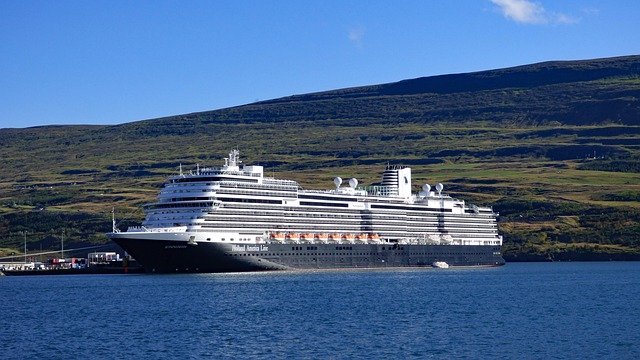Rediscovering Travel: The Resurgence of The Grand Tour
Before the advent of modern technology, the Grand Tour was a traditional rite of passage for young aristocrats, offering them a wealth of cultural experiences as they journeyed across Europe. Today, there is a renaissance of this form of extended travel, albeit with a contemporary twist. Let's delve into the history of the Grand Tour and how it's making a comeback in today's travel trends.

The Grandeur of the Grand Tour
The Grand Tour was a custom that emerged in the late 17th century, primarily among the British aristocracy. Young men, usually accompanied by a tutor, would spend months or even years travelling through Europe, soaking in the culture, art, and history of countries like France, Italy, and Germany. This journey was seen as an educational experience, a way to broaden one’s horizons and gain a deeper understanding of the world.
The Modern Grand Tour: A New Approach to Extended Travel
The concept of the Grand Tour has re-emerged in the 21st century travel trends. However, it’s no longer confined to the elite or to Europe. The modern Grand Tour spans continents and is accessible to anyone with a thirst for adventure and cultural immersion. It represents a break from the fast-paced, destination-focused travel that’s become the norm. Instead of rushing from one landmark to the next, the Grand Tour encourages slow, immersive exploration, allowing travelers to fully engage with the local culture.
The Upside and Downside of the Grand Tour Revival
The advantages of this travel style are numerous. It offers a more in-depth cultural experience, fosters personal growth, and provides ample opportunities for authentic interactions with locals. However, it also presents challenges, such as the need for extended leave from work or other responsibilities, the costs involved, and the potential for culture shock or homesickness.
Despite these hurdles, the Grand Tour is having a significant impact on the travel industry, with more companies offering extended travel packages and services tailored to this trend.
Practical and Research-Based Travel Tips
-
Plan your itinerary with flexibility: The essence of the Grand Tour is exploration and discovery. Don’t over-schedule; leave room for spontaneous adventures.
-
Budget wisely: Extended travel can be costly. Research the cost of living in your chosen destinations and plan accordingly.
-
Learn the language basics: Even a rudimentary understanding of the local language can greatly enhance your travel experience.
-
Get travel insurance: For extended travel, this is a must. Ensure it covers health, travel interruptions, and emergency evacuations.
The Grand Tour: A Journey of Discovery
In conclusion, the resurgence of the Grand Tour reflects a growing desire among travelers for more meaningful and immersive travel experiences. With its focus on cultural immersion and personal growth, the Grand Tour offers a refreshing alternative to the fast-paced, checklist style of travel that’s become prevalent today. Whether you’re a history buff, a culture vulture, or simply someone seeking a deeper connection with the world, the modern Grand Tour offers an enriching and transformative journey.




